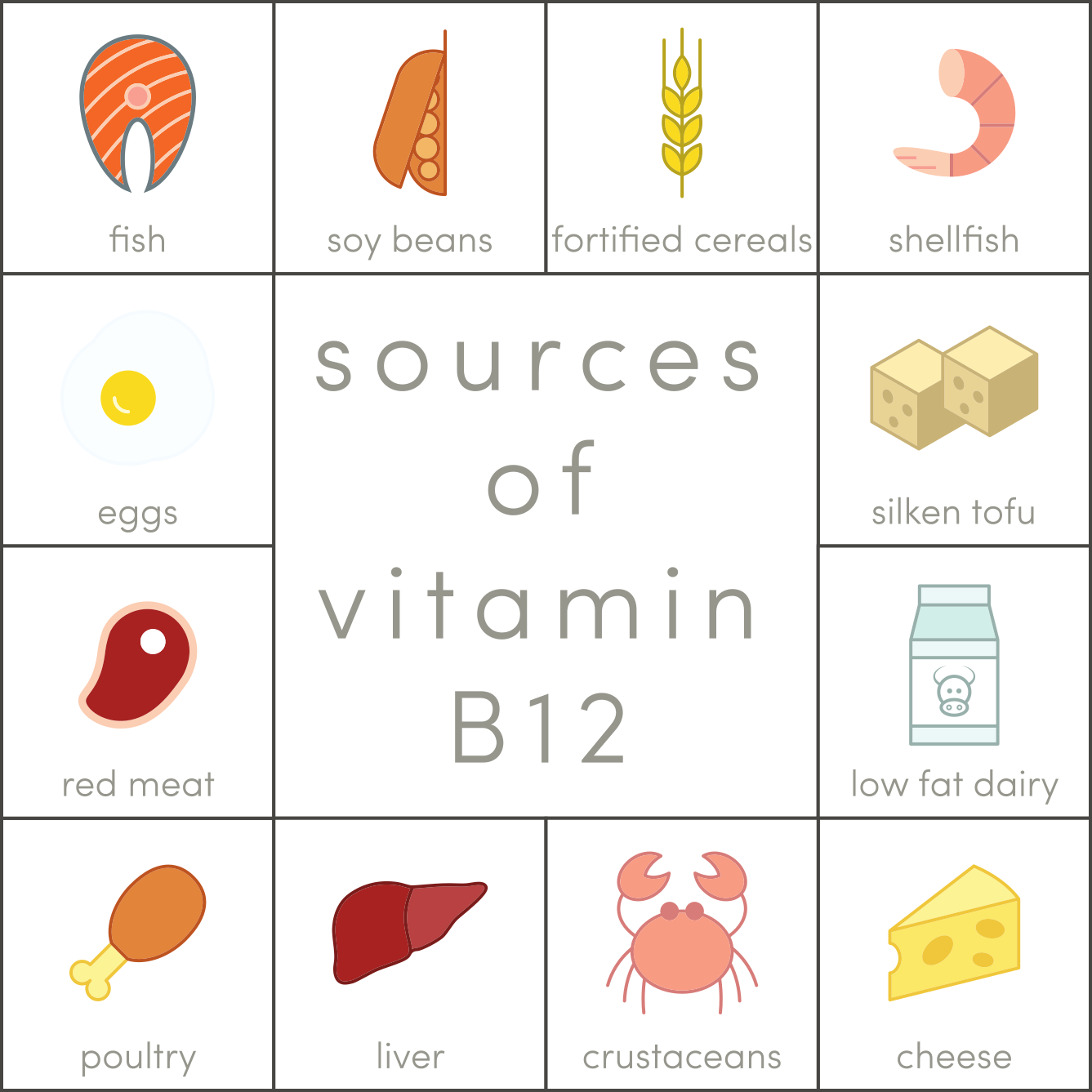What is a Vitamin B-12 Deficiency?
- A Vitamin B-12 deficiency is another type of anemia, a condition characterized by a lack of healthy red blood cells
- About 47 million people in the US may have Vitamin B-12 Deficiency

What are the symptoms of Vitamin B-12 Deficiency?
Symptoms of vitamin deficiency anemia can be very difficult to detect. You may experience some of the following:
-
Severe Fatigue and Weakness
-
Easy bruising or bleeding
-
Bleeding gums
-
Sore tongue
-
Stomach pain
-
Pale skin
-
Chest Pain
-
Weight loss
-
Loss of appetite
-
Diarrhea
-
Constipation
-
Exhaustion
-
Breathing Difficulties
-
Dizziness
-
Fast or irregular heartbeat
-
Pounding or “whooshing” in your ears
-
Headache
-
Cold hands or feet
-
Pale or yellow skin
-
Chest pain
If this deficiency is not addressed and treated, these complications may arise:
-
Tingling or numbness in the fingers and toes
-
Difficulty walking
-
Depression
-
Mood changes
-
Anxiety
-
Memory loss
-
Disorientation
-
Dementia
Contact our office today if you believe you may be at risk and/or are experiencing some of the symptoms listed above. Our team of doctors will determine the course of treatment that is best suited for you.
What Causes Vitamin B-12 Deficiency?
This deficiency is primarily associated with food-bound malabsorption and a diet lacking in vitamin B-12, which is found mainly in meat, eggs, and milk.
Patients with B-12 deficiency along with a history of excessive alcohol intake and poor dietary intake may have underlying malabsorption conditions.
What is the treatment for Vitamin B-12 Deficiency?
Treatment consists of taking in vitamin B-12 by mouth or by injection, initially in high daily oral doses.If your anemia is due to a chronic disease, treatment of the underlying disease will often improve the anemia. At Hematology Oncology Care, infusions are done in the privacy and harmony of our on-site suites.


